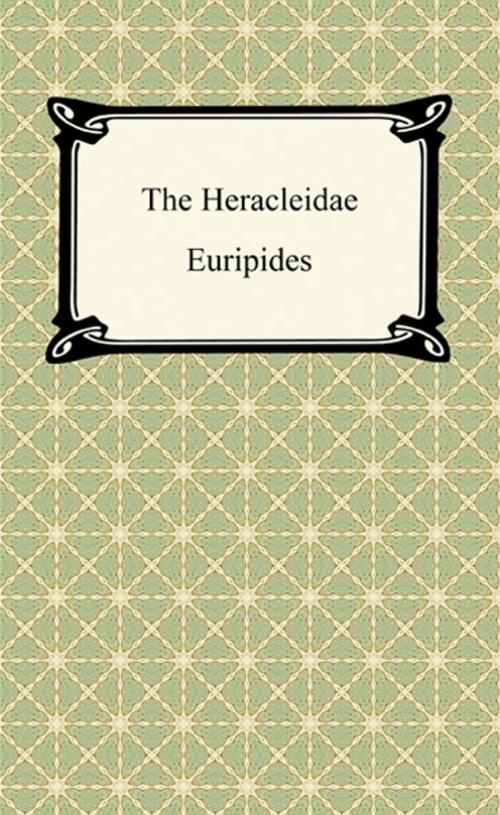| Author: | Euripides | ISBN: | 9781420904161 |
| Publisher: | Neeland Media LLC | Publication: | December 15, 2009 |
| Imprint: | Digireads.com Publishing | Language: | English |
| Author: | Euripides |
| ISBN: | 9781420904161 |
| Publisher: | Neeland Media LLC |
| Publication: | December 15, 2009 |
| Imprint: | Digireads.com Publishing |
| Language: | English |
Though little is known for certain of his early life, Euripides was probably born around 460 b.c.e. to the farmer Mnesarchus and his wife Clito, and his studious nature quickly led him to a literary life in Athens. Eighteen of Euripides' ninety-two works remain today, making his the largest extant collection of work by an ancient playwright. His work sticks out from that of his contemporaries because of his colloquial vocabulary, meter and syntax, distinct from the grandiose language of his predecessors. The Heracleidae in Greek mythology are the descendants of Heracles, who claimed a right to rule because of their ancestor. The Greek tragedians drew inspiration from local legends, which served to glorify the services rendered by Athens to the rulers of Peloponnesus. Euripides' play, "The Heracleidae", follows the children of Heracles and their protectors as they seek the aid of Demophon and the city of Athens against the vengeance of Eurystheus of Argos.
Though little is known for certain of his early life, Euripides was probably born around 460 b.c.e. to the farmer Mnesarchus and his wife Clito, and his studious nature quickly led him to a literary life in Athens. Eighteen of Euripides' ninety-two works remain today, making his the largest extant collection of work by an ancient playwright. His work sticks out from that of his contemporaries because of his colloquial vocabulary, meter and syntax, distinct from the grandiose language of his predecessors. The Heracleidae in Greek mythology are the descendants of Heracles, who claimed a right to rule because of their ancestor. The Greek tragedians drew inspiration from local legends, which served to glorify the services rendered by Athens to the rulers of Peloponnesus. Euripides' play, "The Heracleidae", follows the children of Heracles and their protectors as they seek the aid of Demophon and the city of Athens against the vengeance of Eurystheus of Argos.















